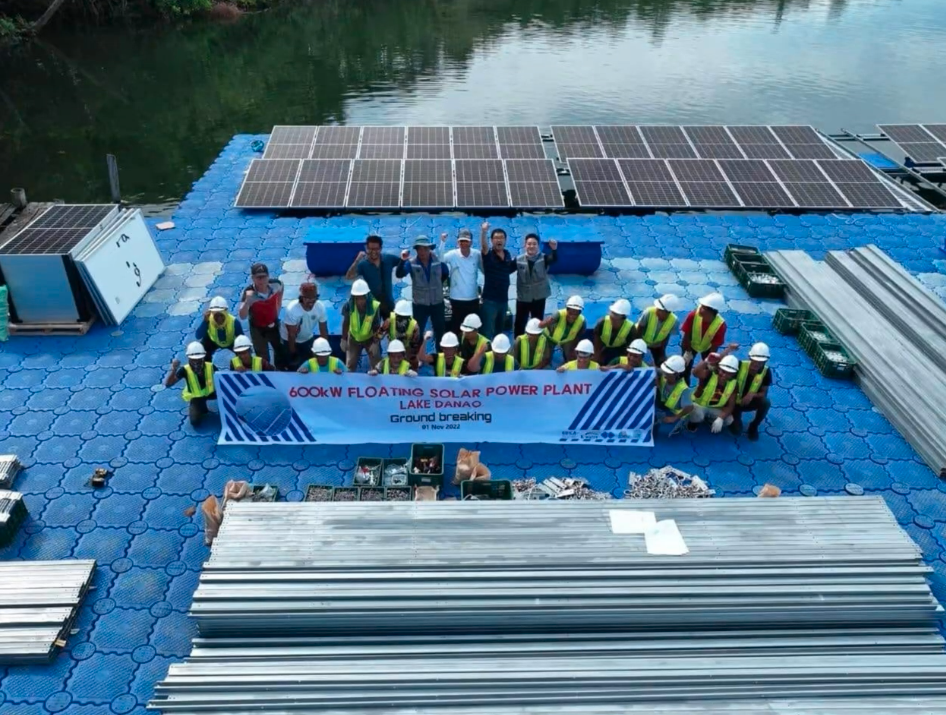
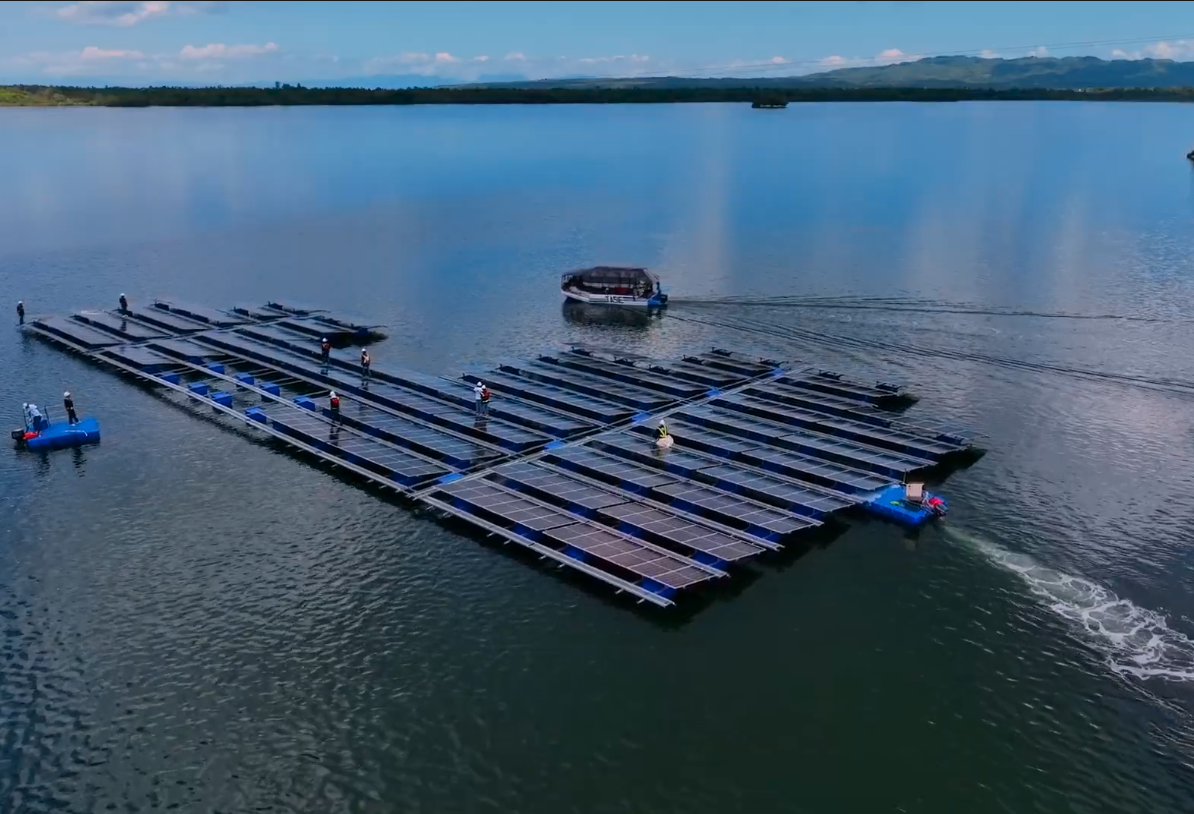
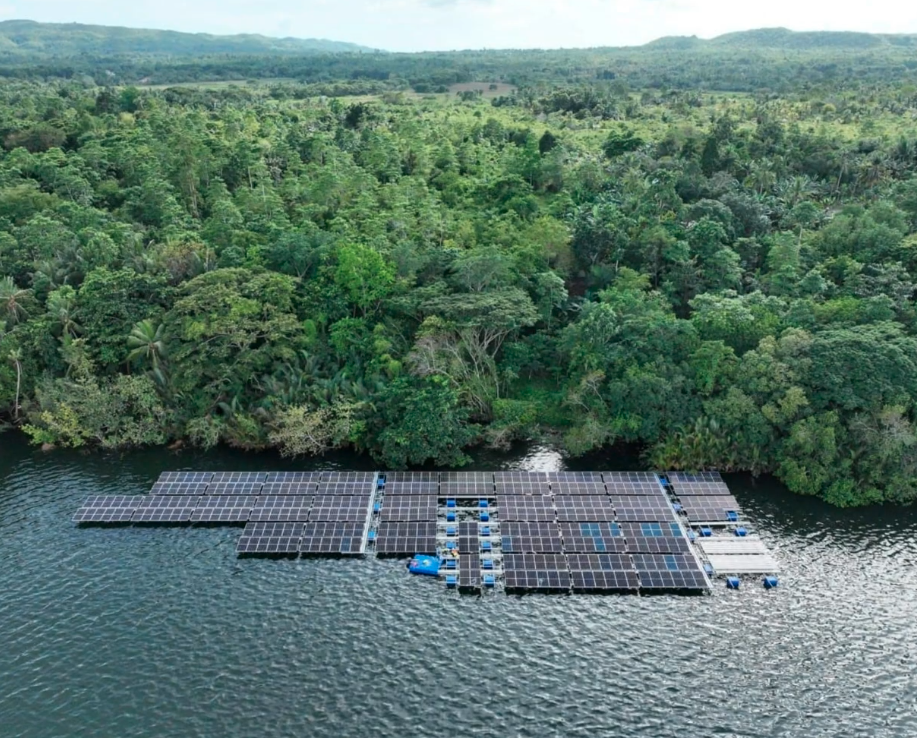
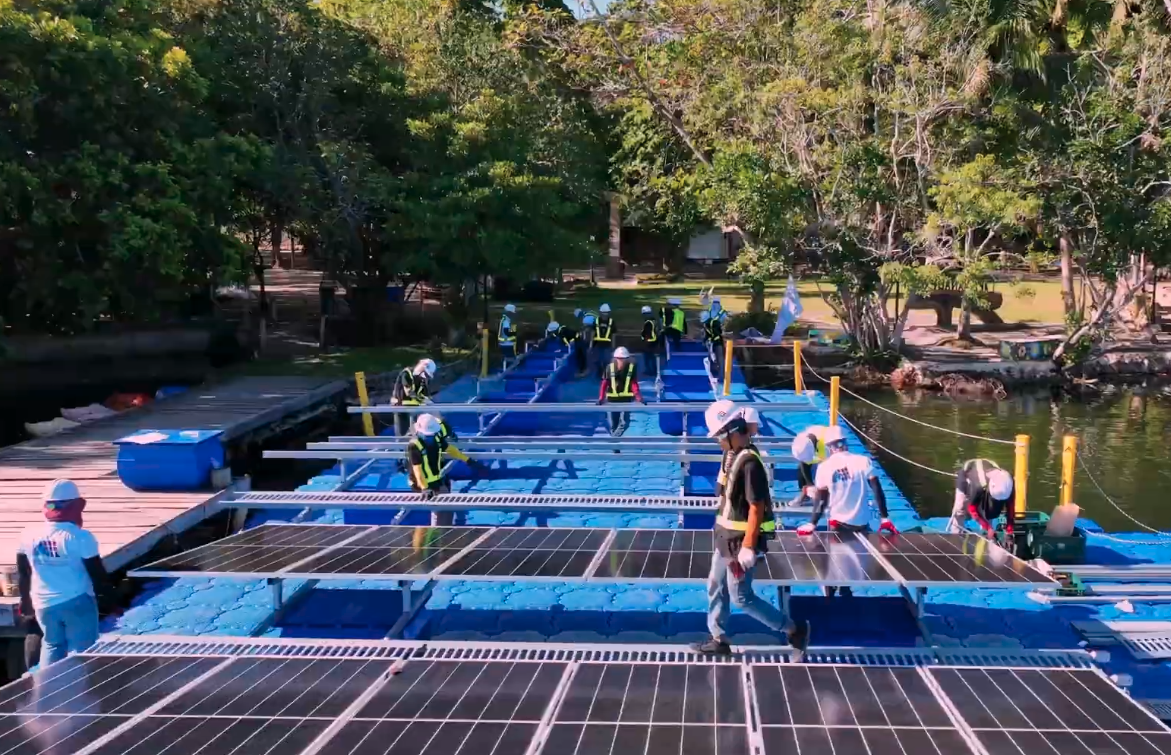
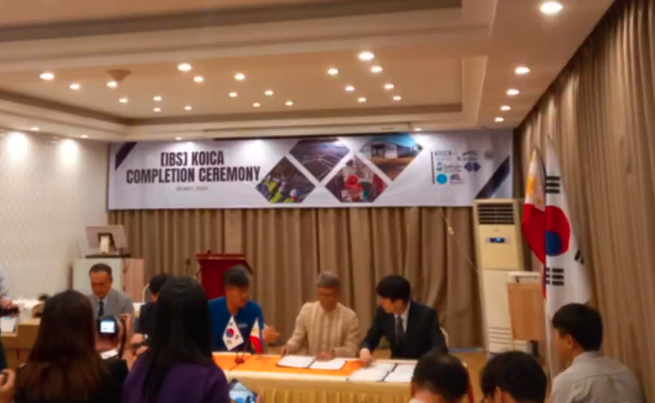
San Francisco’s Floating Solar Transformation
Philippines’ first floating solar plant powers island communities sustainably
Status
City description
San Francisco is part of the Camotes group of islands in central Visayas, northeast of mainland Cebu. It is composed of 11 coastal and 4 upland barangays (smallest administrative division, similar to a village or neighborhood). With and extension of 9,720 hectares and a population of 66,869 (2020), the community is predominantly low-income, with high dependence on fisheries, small-scale agriculture, and tourism, and is highly vulnerable to typhoons and supply chain disruptions.
Challenge
Daily power interruptions lasting several hours restricted business operations, health services, and education. Imported fossil-fuel-based power was expensive and unreliable, and outages worsened during typhoons.
Solution
A renewable energy transition integrating floating solar and wind, combined with community participation, local workforce training, and SME involvement, to secure affordable, reliable, and sustainable power by 2030.
Key Impacts
1st
commercial floating solar plant in the Philippines
600KW power
to enhance energy infrastructure and empower communities
100% of trained participants
gained employable renewable energy skills
66,869 residents
to benefit from improved energy access
2030 target
for full sustainable island energy
Multiple hours/day
of power outages eliminated in pilot zones.


Comments ()